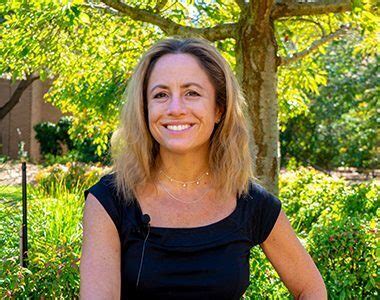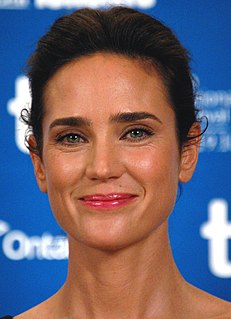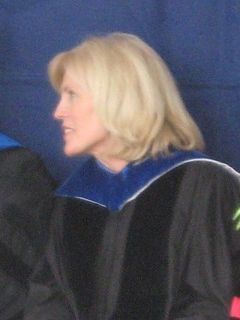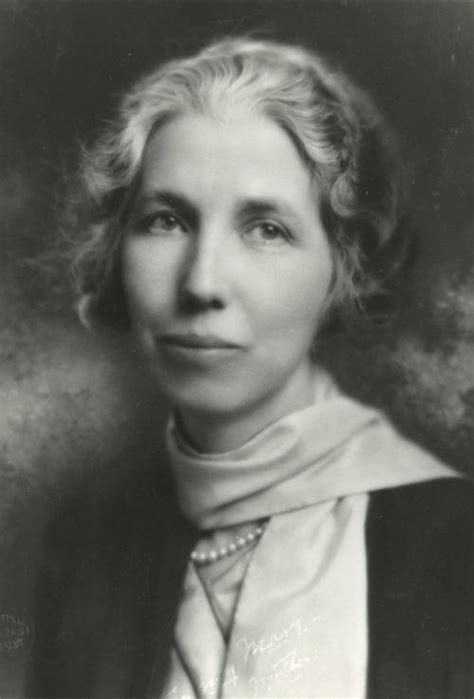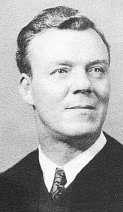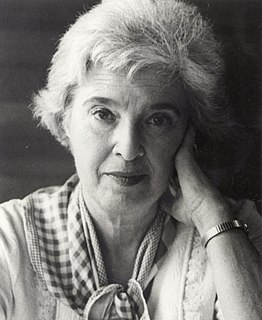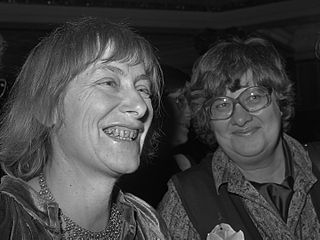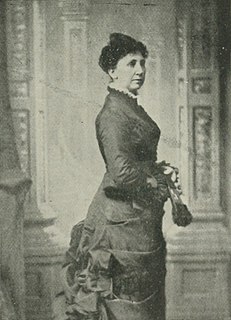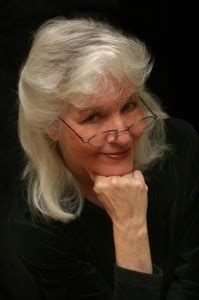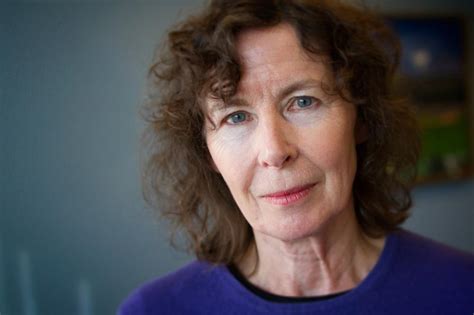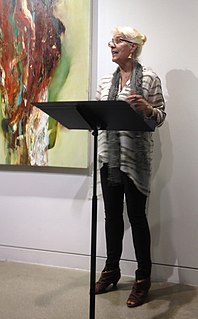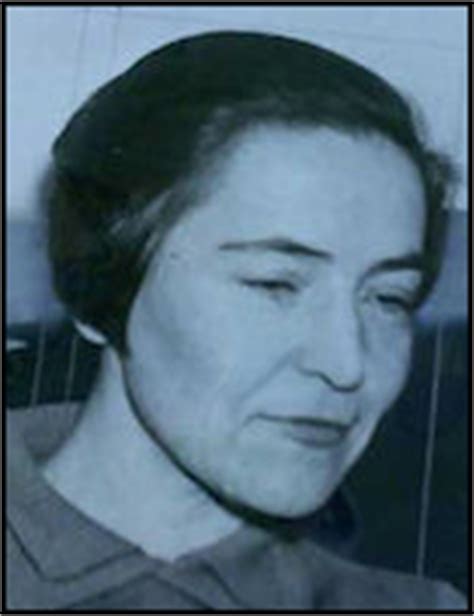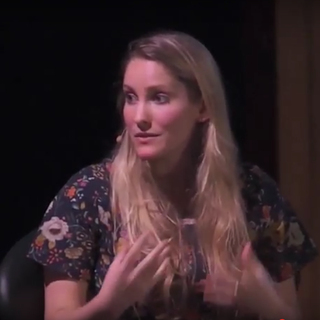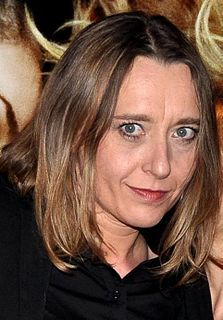Top 575 Motherhood Quotes & Sayings - Page 10
Explore popular Motherhood quotes.
Last updated on November 14, 2024.
The great constructive energies of the child ... have hitherto been concealed beneath an accumulation of ideas concerning motherhood. We used to say it was the mother who formed the child; for it is she who teaches him to walk, talk, and so on. But none of this is really done by the mother. It is an achievement of the child. What the mother brings forth is the baby, but it is the baby who produces the man. Should the mother die, the baby still grows up and completes his work of making the man.
As a general rule, when something gets elevated to apple-pie status in the hierarchy of American values, you have to suspect that its actual monetary value is skidding toward zero. Take motherhood: nobody ever thought of putting it on a moral pedestal until some brash feminists pointed out, about a century ago, that the pay is lousy and the career ladder nonexistent. Same thing with work: would we be so reverent about the 'work ethic' if it wasn't for the fact that the average working stiff's hourly pay is shrinking, year by year.
Oh, for that remarkable and complex economy of motherhood. Those back and forth generosities-where one day a mom ferries the kids to the swim meet, or a mom takes your kid off to the movies while you're sick with the flu. And the next week after baseball you have all the kids sleep over. Not to mention the friend with whom you freely have the throw-your-hands-in-the-air-I-surrender discussions of how to manage any of it.
An ethic of maternalism was central to the utopianism of 19th century feminists. I don't think that today's women see motherhood as a source of personal power, let alone political power. I don't think that women now have that same sense that their lives as mothers gives them any special power or virtue. I think women see their lives as mothers as an adjunct to their working lives - a fulfilling and important adjunct, to be sure - but something they do in addition to working in the public realm, not because being a wife and mother gives them a distinct edge in improving the world as we know it.
Her [Mary's] motherhood extends beyond view. In the will of the Son, she becomes at once mother and maid: sheltering him, but sheltered in him, forming him, but formed by him ... When she pronounces the words: 'Be it done to me according to thy word', the Mother conceives the mystery from the Trinity, in order to give it to the Son. The Son gives the word back to the Trinity by giving everything he has back to the Father in the Spirit. Then, after the Father has received it again, it is distributed to mankind by means of that extravagant expansioning-the Eucharist and the Holy Spirit.
Our children will not survive our habits of thinking, our failures of the spirit, our wreck of the universe into which we bring new life as blithely as we do. Mostly, our children will resemble our own misery and spite and anger, because we give them no choice about it. In the name of motherhood and fatherhood and education and good manners, we threaten and suffocate and bind and ensnare and bribe and trick children into wholesale emulation of our ways.
We need to repent of our sin for not loving our children. Spend some time in repentance and read God’s Word and reading books about motherhood. You may be depleted and need fresh vision and perspective in regards to your role as a mom. Find a way to be alone for a few hours and study God’s Word as your role as a mother. If you are not enjoying your children if you’re lacking joy as a mother may I appeal to you to take whatever measures necessary to change. Repent and find a mature woman who enjoys her role as a mother to encourage you and hold you accountable to this period of your life.
It [motherhood] has changed absolutely everything. I mean, it's changed my life. I think I've changed as a human being more since I've had Kai than in any other period in my life...It's such an incredible catalyst for growth. I found myself questioning absolutely everything: how I spend my time, how I speak, what kind of projects I work on, how I look at the world.
Young women you will be the ones who will provide the example of virtuous womanhood and motherhood. You will continue to be virtuous lovely praiseworthy and of good report. You will also be the ones to provide an example of family life in a time when families are under attack, being redefined and disintegrating. You will understand your roles and your responsibilities and thus will see no need to lobby for rights.
The only kind of work which permits an able woman to realize her abilities fully, to achieve identity in society in a life plan that can encompass marriage and motherhood, is the kind that was forbidden by the feminine mystique, the lifelong commitment to an art or science, to politics or profession. If divorce has increased by one thousand percent, don't blame the women's movement. Blame the obsolete sex roles on which our marriages were based.
Motherhood involves a special communion with the mystery of life, as it develops in the mother's womb. The mother is filled with wonder at this mystery of life, and 'understands' with unique intuition what is happening inside her. In the light of the 'beginning', the mother accepts and loves as a person the child she is carrying in her womb. This unique contact with the new human being developing within her gives rise to an attitude towards human beings - not only towards her own child, but every human being - which profoundly marks the woman's personality.
There's not one woman in America who does not care about her hair, but we give it way too much value. We deprive ourselves of things, we use it to destroy each other, we'll look at a child and judge a mother and her sense of motherhood by the way the child's hair looks. I am not going to traumatize my child about her hair. I want her to love her hair.
Ideas about mothers have swung historically with the roles of women. When women were needed to work the fields or shops, experts claimed that children didn't need them much. Mothers, who might be too soft and sentimental, could even be bad for children's character development. But when men left home during the Industrial Revolution to work elsewhere, women were "needed" at home. The cult of domesticity and motherhood became a virtue that kept women in their place.
I think that love is more like a light that you carry. At first childish happiness keeps it lighted and after that romance. Then motherhood lights it and then duty . . . and maybe after that sorrow. You wouldn't think that sorrow could be a light, would you, dearie? But it can. And then after that, service lights it. Yes. . . . I think that is what love is to a woman . . . a lantern in her hand.
We need to imagine a world in which every woman is the presiding genius of her own body. In such a world women will truly create new life, bringing forth not only children if and as we choose but the visions, and the thinking, necessary to sustain, console and alter human existence-a new relationship to the universe. Sexuality, politics, intelligence, power, motherhood, work, community, intimacy will develop new meanings; thinking itself will be transformed. This is where we have to begin.
What had really caused the women's movement was the additional years of human life. At the turn of the century women's life expectancy was forty-six; now it was nearly eighty. Our groping sense that we couldn't live all those years in terms of motherhood alone was "the problem that had no name." Realizing that it was not some freakish personal fault but our common problem as women had enabled us to take the first steps to change our lives.
The modern challenge to motherhood is the eternal challenge--that of being a godly woman. The very phrase sounds strange in our ears. We never hear it now. We hear about every other type of women: beautiful women, smart women, sophisticated women, career women, talented women, divorced women. But so seldom to we hear of a godly woman--or of a godly man either, for that matter. I believe women come nearer to fulfilling their God-given function in the home than anywhere else.
That was when I learned that words are no good; that words dont ever fit even what they are trying to say at. When he was born I knew that motherhood was invented by someone who had to have a word for it because the ones that had the children didn't care whether there was a word for it or not. I knew that fear was invented by someone that had never had the fear; pride, who never had the pride.
For boys, the family was the place from which one sprang and to which one returned for comfort and support, but the field of action was the larger world of wilderness, adventure, industry, labor, and politics. For girls, the family was to be the world, their field of action the domestic circle. He was to express himself in his work and, through it and social action, was to help transform his environment; her individual growth and choices were restricted to lead her to express herself through love, wifehood, and motherhood--through the support and nurture of others, who would act for her.
All fundamentalist theologians make the ordinances of creation an essential part of creation and absolutize them. Women belong at home, fulfil their life through motherhood, by caring for their husbands and serving them. The fixed role pattern of one particular economic and family order is transformed into an order willed by God and given by creation. With a methodologically similar logic, slaves were understood as those elected by God to serve the whites.
She became politically conscious thanks to Studs Terkel and the radio. She started reading all the books we brought home from college and was a great fan of Noam Chomsky. She was a real lefty and yet was not able to meet her dream of becoming an artist. She got drafted into motherhood big time - seven kids - and that wasn't the life that she had planned. So she opened the path so that I could be the artist that she wanted to be.
I lay my tasks down one by one; I sit in the silence of twilight grace. Out of the shadows, deep and dun, Steals, like a star, my Baby's face. .... I will take up my work once more, As if I had never laid it down. Who will dream that I ever wore, In triumph, motherhood's sacred crown? .... Nevertheless, the way is long, And tears leap up in the light of the sun. I'd give my world for a cradle-song, And a kiss from Baby?only one.
Mothers have a sacred role. They are partners with God, as well as with their own husbands, first in giving birth to the Lord's spirit children and then rearing those children so they will serve the Lord and keep his commandments. ...Motherhood is a holy calling, a sacred dedication for carrying out the Lord's work, a consecration and devotion to the rearing and fostering, the nurturing of body, mind, and spirit of those who kept their first estate and who came to this earth for their second estate to learn and be tested.
A "snapshot" feature in USA Today listed the five greatest concerns parents and teachers had about children in the '50s: talking out of turn, chewing gum in class, doing homework, stepping out of line, cleaning their rooms. Then it listed the five top concerns of parents today: drug addiction, teenage pregnancy, suicide and homicide, gang violence, anorexia and bulimia. We can also add AIDS, poverty, and homelessness. . . . Between my own childhood and the advent of my motherhood--one short generation--the culture had gone completely mad.
In How to Be an American Housewife Margaret Dilloway creates an irresistible heroine. Shoko is stubborn, contrary, proud, a wonderful housewife and full of deeply conflicted feelings. I wanted to shake her, even as I was cheering her on, and this cunningly structured novel allowed me to do both. It also took me on two intricate journeys, from post-war Japan and the shadow of Nagasaki to contemporary California, and from motherhood to daughterhood and back again. A profound and suspenseful debut.
The journey toward authenticity, toward becoming whole is made palpable in Maureen Seaton's Sex Talks to Girls: A Memoir. It shines its considerable light on the passage from religion toward faith, from self-medication to sobriety, from daughterhood to motherhood, from being the disembodied 'good girl' to embracing her own bad lesbian self. In crisp chapters, Seaton leads us, step-by-step, over this harrowing and blissful road, so distinct from yet so much like our own.
Motherhood, to be sure, receives a great deal of sentimental adulation, but only if it is committed in accordance with rules which have been prescribed by a predominantly masculine society. Per se it is accorded no respect whatever. When it results from a sexual relationship which has been duly sanctioned by organized society, it is holy, no matter how much it may transgress the rules of decency, health, or common sense. Otherwise it is a sin meriting social ostracism for the mother and obloquy for the child - an ostracism and obloquy, significantly enough, in which the father does not share.
Every act of motherhood contains a dual intent, as the mother holds the child close and prepares it to move way from her, as she supports the child and stands it firmly on its own feet, and as she guards it against danger and sends it out across the yard, down by the stream, and across the traffic-crowded highway. Unless a mother can do both - gather her child close and turn her child out toward the world - she will fail in her purpose.
Motherhood is this sort of "curtain lifting" of tremendous power that we have individually as women. It's tremendously freaky to have a human being grow inside your body and eventually turn into a human being, and then birth that human being, and then have them be separate from you. Those things are scary. It's also really, really scary to face the idea of losing a child and losing someone you love more than you've loved anything before. All of those things are innately really terrifying, and what it does to me is bring me to a direct kind of confrontation with my human vulnerability.
As girls are given dollies and pushchairs while little boys are frowned upon for picking them up; while men are 'congratulated' for occasionally 'babysitting' their own children and women are castigated for daring to combine motherhood and career; while baby changing facilities are provided in women's toilets but rarely in the men's, is it any wonder we tend to take on the roles society stereotypically pushes on us when it comes to caregiving?
In much the same way, motherhood has become the essential female experience, valued above all others: giving life is where it's at. Give birth in cities where accommodation is precarious, schools have surrendered the fight and children are subject to the most vicious mental assault through advertising, TV, internet, fizzy drink manufacturers and so on. Without children you will never be fulfilled as a woman, but bringing up kids in decent conditions is almost impossible.
However global I strove to become in my thinking over the past twenty years, my sons kept me rooted to an utterly pedestrian view,intimately involved with the most inspiring and fractious passages in human development. However unconsciously by now, motherhood informs every thought I have, influencing everything I do. More than any other part of my life, being a mother taught me what it means to be human.
I was a writer first, and knew I'd be a storyteller at age seven. But since my parents are very practical, they urged me to go into a profession that would be far more secure so I went to medical school. But after practicing medicine for a few years, while raising two sons (with a husband who was also a doctor) I realized that combining medicine with motherhood was more of a challenge than I could handle. So I left medicine and stayed home. And that's when I once again picked up the pen and began to write.
Most of us love a non-self, or something extrinsic and apart from our inner life; but a mother's love during the time she is a flesh-and-blood ciborium is not for a non-self but for one that is her very self, a perfect example of charity and love which hardly perceives a separation. Motherhood then becomes a kind of priesthood. She brings God to man by preparing the flesh in which the soul will be implanted; she brings man to God in offering the child back again to the Creator.



